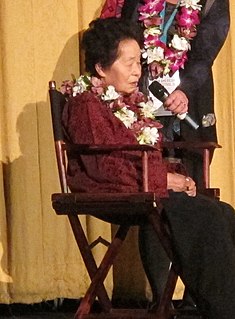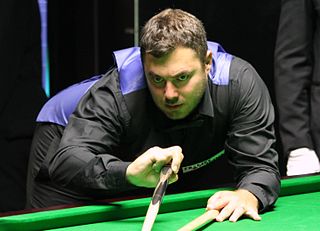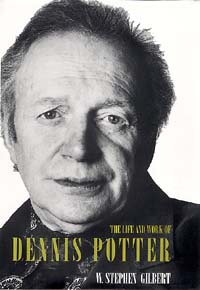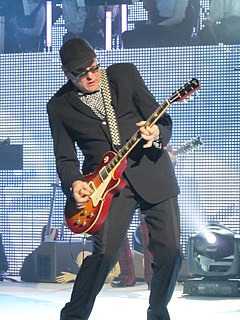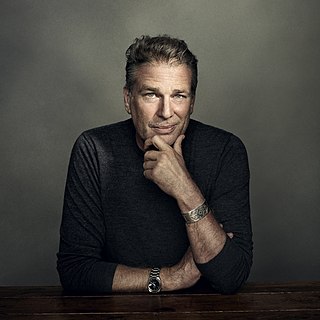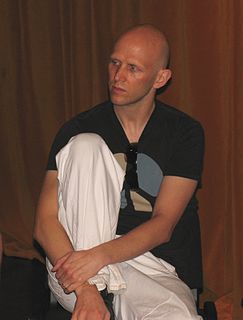A Quote by Zadie Smith
Normally, young writers have all the time in the world and they don't always use it well.
Related Quotes
Both [Nikola] Tesla and [Leon] Theremin were preternaturally young. I mean, for a long time Tesla was a young man well into his 70s. And so was Theremin, even though, at the end, he looked pretty old. But he was still doing things that young guys do, beyond the time you'd normally think people should be doing that stuff.
It is rare and very inspiring that a head of state would make such an investment of time to write a book like this. It is a fine gift to the judokas of the world as well as to those of Russia...Vladimir Putin Sensei and his co-writers have established themselves as gifted writers and contributors to the judo world.
I am always interested in why young people become writers, and from talking with many I have concluded that most do not want to be writers working eight and ten hours a day and accomplishing little; they want to have been writers, garnering the rewards of having completed a best-seller. They aspire to the rewards of writing but not to the travail.
When you are young, you always expect that the world is going to end. And then you get older and the world still chugs along and you are forced to re-evaluate your stance on the apocalypse as well as your own relationship to time and death. You realize that the world will indeed continue, with or without you, and the pictures you see in your head. So you try to understand the pictures instead.
I was always very curious as a young man about why older writers who I met seemed so indifferent to what was going on, whereas I, in my 20s, was reading everything. Everything seemed important. But they were only interested in the writers they admired when they were young, and I didn't understand it then, but now, now I understand it.
I pledge to set out to live a thousand lives between printed pages. I pledge to use books as doors to other minds, old and young, girl and boy, man and animal. I pledge to use books to open windows to a thousand different worlds and to the thousand different faces of my own world. I pledge to use books to make my universe spread much wider than the world I live in every day. I pledge to treat my books like friends, visiting them all from time to time and keeping them close.
I guess I am nostalgic for a time - the nineteenth century and early twentieth - when writers were, to use Stefan Collini's phrase, "public moralists" and politicians, plutocrats, bankers, arms dealers, and experts and technocrats were not solely defining the moral norms as well as the political lives of our societies. We do have some writers claiming to be public moralists, but, as I said, they have actually been more jingoistic than even the henchmen of Bush and Blair.


